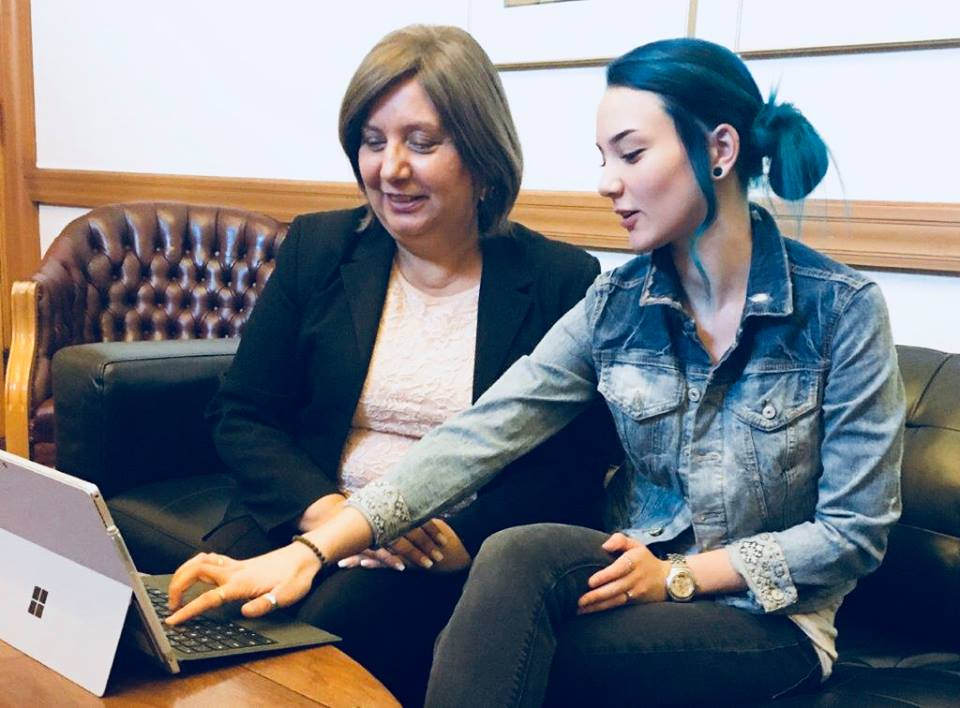Victoria: As Cyber Security Awareness Month comes to an end, the Province encourages families, teachers and loved ones to continue to check in with young people about staying safe online.
Modern technology means kids have access to endless information and entertainment. They can connect with people around the globe. This abundant access puts them at risk of cyberbullying, exposure to inappropriate material, identity theft, online predators and revealing too much personal information. Online information may seem temporary, but it’s often permanent.
“Most of us did not have the kind of technology growing up that our kids have today. Technology is central to their way of life – they play, learn and socialize online,” said Minister of Citizens’ Services Jinny Sims, whose ministry oversees government information management and technology. “Cyber Security Awareness Month is an opportunity to talk with young people about how they use the internet and what they’re doing online in an effort to keep them safe.”
Adults are encouraged to speak with children and teens about how to protect their privacy online, such as not sharing their location or passwords and strengthening their privacy settings. Good online practices include knowing followers personally, trusting instincts, being discreet and understanding new features or apps before trying them.
According to the Government of Canada, 35% of Canadian teens say they have seen mean or inappropriate comments about someone they know on social networks, and 33% of teens are Facebook friends with people they have not met in person.
“We have given our children some of the most powerful devices in history with little to no instructions or guidance on how to use them, and it’s no wonder they are getting into troublesome situations,” said Sam Jingfors, vice-president of Safer Schools Together. “We need to involve ourselves in their digital and social media lives, model healthy behaviour and reinforce important family and community values of empathy, perspective taking, practising kindness and self-regulation. Utilizing age-appropriate technology in moderation, as opposed to strict prohibition, will best prepare a connected generation with the skills and resilience they need to excel going forward.”
Quick Facts:
- According to the Government of Canada:
• 60% of teens say they would share their passwords with friends. - 36% of teens have full or partial public profiles on their social networks.
- 94% of Canadians use a laptop or desktop computer to access the internet, 74% use a smartphone and 58% use a tablet.












